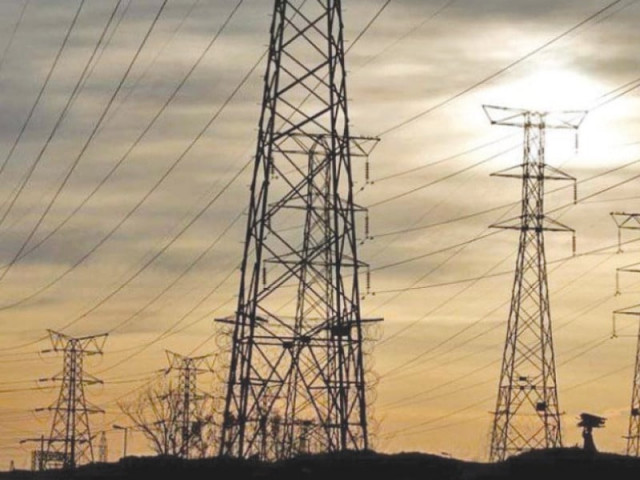Electricity price raised by Rs3.33 per unit
Surge impacts bills of current month, excluding K-Electric and lifeline consumers

The cost of electricity for consumers rose by Rs3.33 per unit on Thursday owing to monthly fuel adjustment charges, according to a notification issued by the National Electric Power Regulatory Authority (NEPRA).
The increase in electricity prices will be applied to the bills of the current month, excluding K-electric and lifeline consumers.
Electricity prices have been surging for the masses recently, putting additional financial strain on consumers already grappling with high inflation.
On June 4, NEPRA notified an increase in electricity rates by up to Rs3.76 per unit. The hike allowed power companies to recover over Rs46 billion from consumers for the third quarter of FY 2023-24.
Of this total, Rs28.515 billion will be charged as capacity charges, which will be directed to independent power plants (IPPs) that have not produced any electricity and have remained idle.
Out of the total burden of Rs46.613 billion, Rs28.515 billion will be charged on account of capacity charges, whereas Rs10.284 billion will be recovered on account of less FCA impact of T&D losses, Rs5.309 billion O&M, and Rs 2.541 billion use of system charges.
A day earlier, The Federation of Pakistan Chambers of Commerce and Industry (FPCCI) urged the government to promptly decrease the interest rate to 12%.
Electricity prices should be reduced to 9 cents per unit for all industries while contracts with the independent power producers (IPPs) should be revisited, it said.
FPCCI Regional Chairman and Vice President Zaki Aijaz, while addressing a press conference at the FPCCI Regional Office underscored that cross-subsidies of Rs240 billion should be eliminated and taxes on the retail sector should be collected at the final stage.



















COMMENTS
Comments are moderated and generally will be posted if they are on-topic and not abusive.
For more information, please see our Comments FAQ